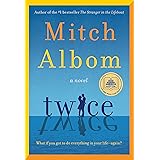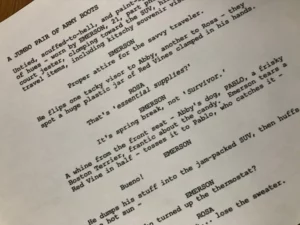“Unlocking the Mystery: When to Choose ‘That’ Over ‘Which’ and Transform Your Writing!”
Nonrestrictive Clauses are Unnecessary
A nonrestrictive clause is not necessary to the meaning of a sentence. In fact, it can be removed from a sentence without affecting its meaning. For example:
- The bucket, which is blue, has apples in it.
- There are apples in the bucket, which is blue.
If you removed the nonrestrictive clause “which is blue,” from either of the sentences above, the meaning of the sentences would not be lost. We’d still know that the bucket has apples in it. Note that in the second example, the nonrestrictive clause adds information about something that has already been identified. Because the clause is unnecessary to the meaning of the sentence, we know it’s a nonrestrictive clause, and therefore should take the relative pronoun which.

















